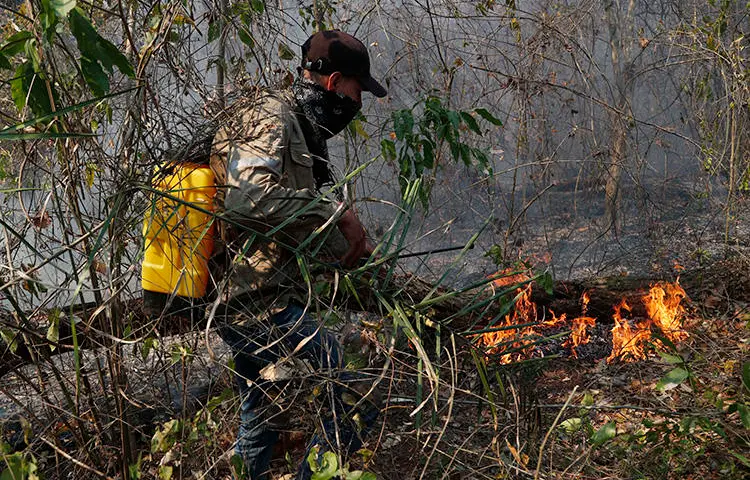John Otis
John Otis, CPJ's Andes correspondent for the Americas program, works as a reporter for NPR. He authored the 2010 book Law of the Jungle about U.S. military contractors kidnapped by Colombian rebels. He is based in Bogotá, Colombia

Freed Venezuelan journalist says time behind bars ‘made me feel desperate’
Following the January 3 American military operation that captured Venezuelan President Nicolás Maduro, the country’s interim government has released hundreds of political prisoners, among them journalist Nakary Ramos. Ramos, 29, was arrested with her videographer husband, Gianni González, on April 8, 2025, after the online news site Impacto Venezuela aired their report on crime rates…

Peruvian journalist Gastón Medina a victim of violence he denounced
Peruvian journalist Gastón Medina Sotomayor did not hold back in his last TV news broadcast before he was shot dead this year. Addressing the viewers of Cadena Sur, his TV and radio station in the south-central city of Ica, Medina called local authorities “scoundrels” for buying defective garbage trucks. He criticized cost overruns for a…

Drug-related violence fuels an exodus of Ecuador’s press
On the only radio station in the remote Ecuadorian town of Baeza, morning show host Juan Carlos Tito updates listeners on the weather, recent power outages, and repairs to a bridge spanning a nearby river. For the last 24 years, Tito, 53, has been the trusted voice of Radio Selva, broadcasting important community news to…
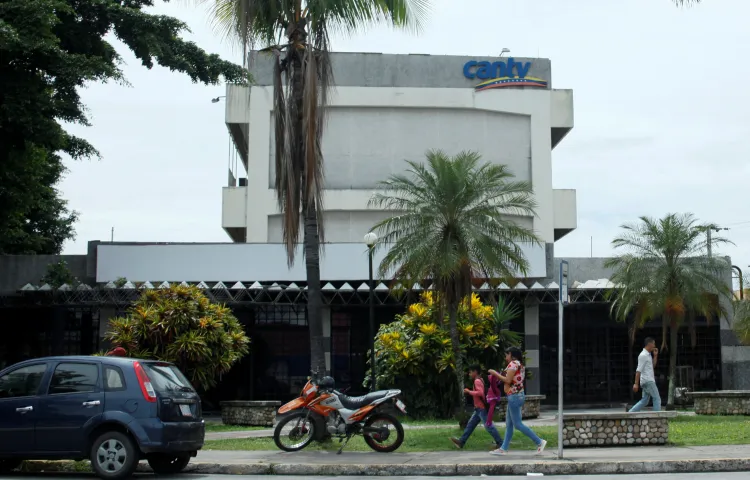
How Venezuela’s government uses private internet providers to restrict access to the news
After seven years of painstakingly building up its audience, Crónica Uno, one of the only high-quality news websites that caters to poor and working-class Venezuelans, was recording up to 15,000 unique page views per day. But after private internet service providers (ISPs) teamed up with Venezuela’s authoritarian government in February to block Crónica Uno and…
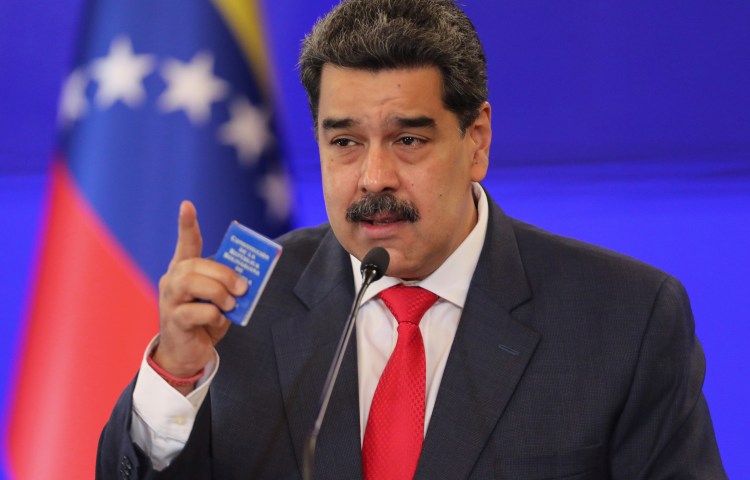
Proposed Venezuelan foreign funding law could have ‘huge impact’ on independent outlets
When Ewald Scharfenberg launched the investigative news website Armando.Info in 2014, about half of his start-up funds came from Venezuelan donors, subscribers, and advertisers, while overseas foundations provided the rest. But amid the worst economic crisis in Venezuela’s history, local income has disappeared, forcing Scharfenberg to rely almost entirely on international donations to keep Armando.Info…
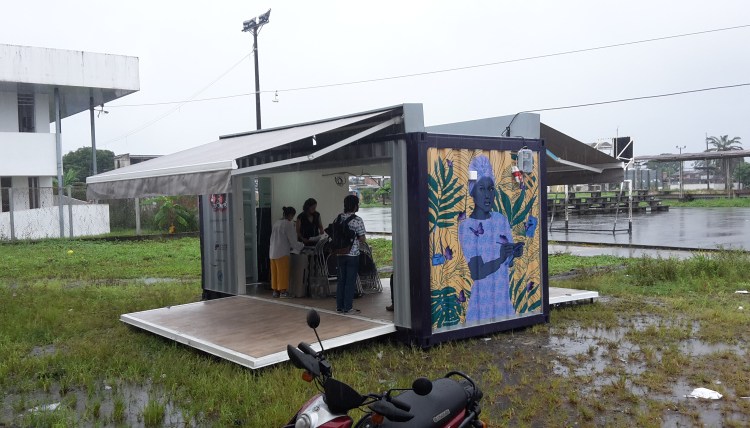
In Colombia, a shipping container on wheels brings a roving reporting workshop to news deserts
Can the key to ending news blackouts in isolated areas of Colombia come from inside a shipping container? The Bogotá-based Foundation for Press Freedom (FLIP) thinks so. In an experiment to turn community activists into reporters in regions that lack local news outlets, FLIP has converted a shipping container into a roving journalism classroom. For…
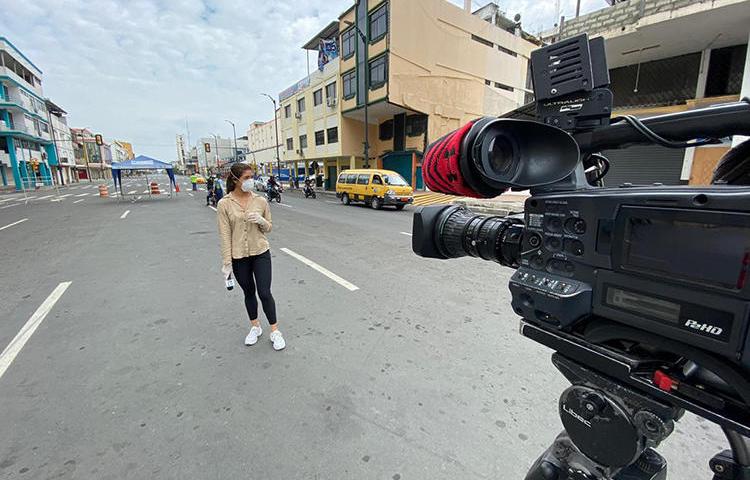
Journalist Dayanna Monroy on covering the COVID-19 crisis in Ecuador
Dayanna Monroy reports for the Teleamazonas television station in the port city of Guayaquil, the epicenter of Ecuador’s COVID-19 outbreak. She and her colleagues have recently reported on bodies piling up in morgues and being left for days in the streets and in people’s homes, the results of overwhelmed hospitals, funeral homes, and cemeteries.

Forced out of jobs and sidelined, Bolivia’s independent journalists see their audience slipping away
Amalia Pando was once a ubiquitous presence on Bolivian radio and TV, hosting some of the country’s most popular news and political commentary programs. At age 66, she’s still at it, but her audience is a sliver of what it once was.
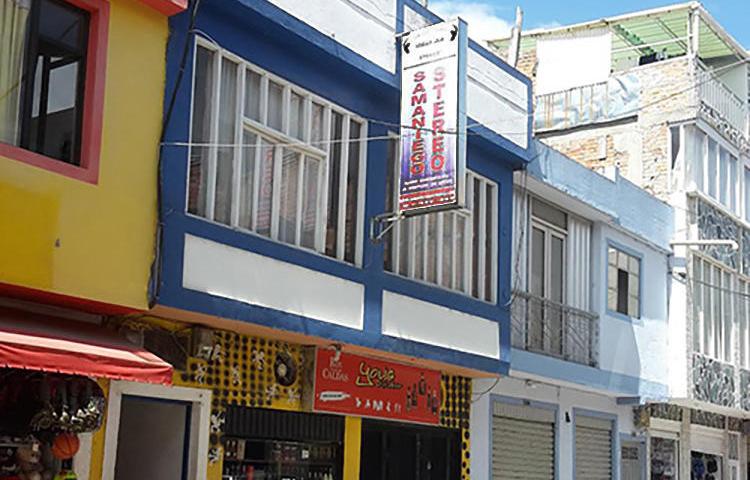
Killing of radio journalist highlights dangers for local reporters in Colombia’s border region
The otherwise Spartan studio of Samaniego Stereo is adorned by a white banner emblazoned with the image of Libardo Montenegro, a veteran reporter for the community radio station in southern Colombia who was shot dead on June 11. Under his photo are the words: “You will live in our hearts forever.”
